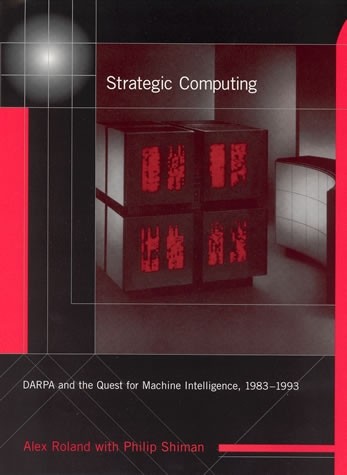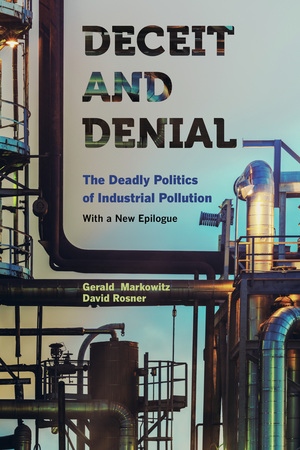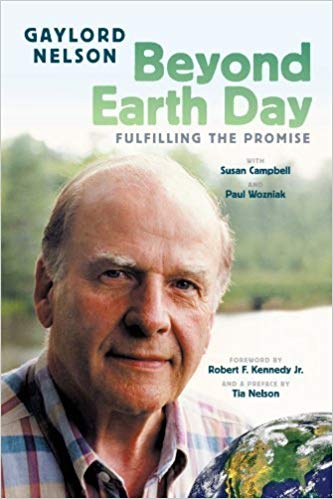Limiting the Tools of War
Every issue explores cutting-edge developments in technology, medicine, education, climate change, and much more. Articles provide in-depth analyses of science and technology’s impact on public policy, the economy, and society—bringing today’s best minds to bear on tomorrow’s most critical topics.
Editor's Journal
Weapons and Hope
Weapons and Hope As Freeman Dyson observes in his book Weapons and Hope, scientists and engineers have a complex relationship with military weapons. Advances in science have over the years made… Read More
From the Hill
From the Hill – Spring 2003
Nondefense R&D would take a hit in proposed FY 2004 budget On February 3, President Bush proposed a 4.2 percent increase in federal R&D for fiscal year (FY) 2004. However, most of… Read More
Perspectives
A Broader Vision for Government Research
In recent years, the question of “balance” has been a hot topic in science policy circles. Although federal support for biomedical research has increased significantly, support for the physical sciences, engineering, and… Read More
Real Numbers
When Children Die
The death of a child is a special sorrow, an enduring loss for surviving mothers, fathers, brothers, sisters, other family members, and close friends. No matter the circumstances, a child’s death is… Read More
Features
Cybersecurity: Who’s Watching the Store?
With information technology (IT) permeating every niche of the economy and society, the public has become familiar with the dark side of the information revolution–information warfare, cybercrime, and other potential ways nefarious… Read MoreA Change of Climate
Although the signs of global warming are becoming ever more prominent, casual observers of the media in the United States or Europe might easily conclude that U.S. citizens are in denial about… Read MoreThe Case against New Nuclear Weapons
Does the United States need nuclear bombs to destroy enemy bunkers and chemical or biological weapons? For some people, the answer is clear. Strong proponents of nuclear weapons speak of the need… Read MoreTime to Sign the Mine Ban Treaty
Throughout the twentieth century, U.S. foreign policy was pulled in contrary directions by the muscle-flexing appeal of realism and the utopian promise of liberalism. At the end of the cold war, many… Read MoreImproving Scientific Advice to Government
Congress and federal policymakers draw on independent expert panels for scientific and technical advice in addressing some of society’s most controversial and economically significant issues. It is imperative that these panels operate… Read MoreReinvigorating Genetically Modified Crops
In August 2002, government officials in the United States were shocked when Zambia, which was on the verge of a major food crisis, began to refuse the import of free U.S. corn… Read MoreControlling Dangerous Pathogens
Remarkable advances are underway in the biological sciences. One can credibly imagine the eradication of a number of known diseases, but also the deliberate or inadvertent creation of new disease agents that… Read More“Nonlethal” Chemical Weapons: A Faustian Bargain
On October 26, 2002, approximately 50 Chechen separatist guerrillas took over a Moscow theater, holding about 750 people hostage. The hostage-takers were well armed with automatic weapons and grenades, and the females… Read MoreA Program for Africa’s Computer People
Jacob Aryetey has two personal computers on his desk, only one of which is connected to the Web. In his case, the Web-connected one is the anomaly. Aryetey is alone among the… Read More
Book Reviews

Computer technology
The Defense Advanced Research Projects Agency’s (DARPA’s) Strategic Computing program was a 10-year billion-dollar initiative to advance “machine intelligence” by pushing forward in coordinated fashion technologies for powerful computer systems that could… Read More
Reducing toxic risks
In Deceit and Denial, Gerald Markowitz and David Rosner provide a carefully documented history of the rapid growth in the use of toxic substances by U.S. industry, juxtaposed against the tragic… Read More
Stale environmentalism
As a U.S. senator in the 1960s, Gaylord Nelson was clearly ahead of his time. His prescience is nicely illustrated in a letter (reprinted in Beyond Earth Day) that he sent… Read More
Archives – Spring 2003
Science Advisory Board 1933 In July 1933 President Franklin D. Roosevelt issued an executive order to establish the National Research Council’s (NRC’s) Science Advisory Board (SAB), a body set up to address… Read More
